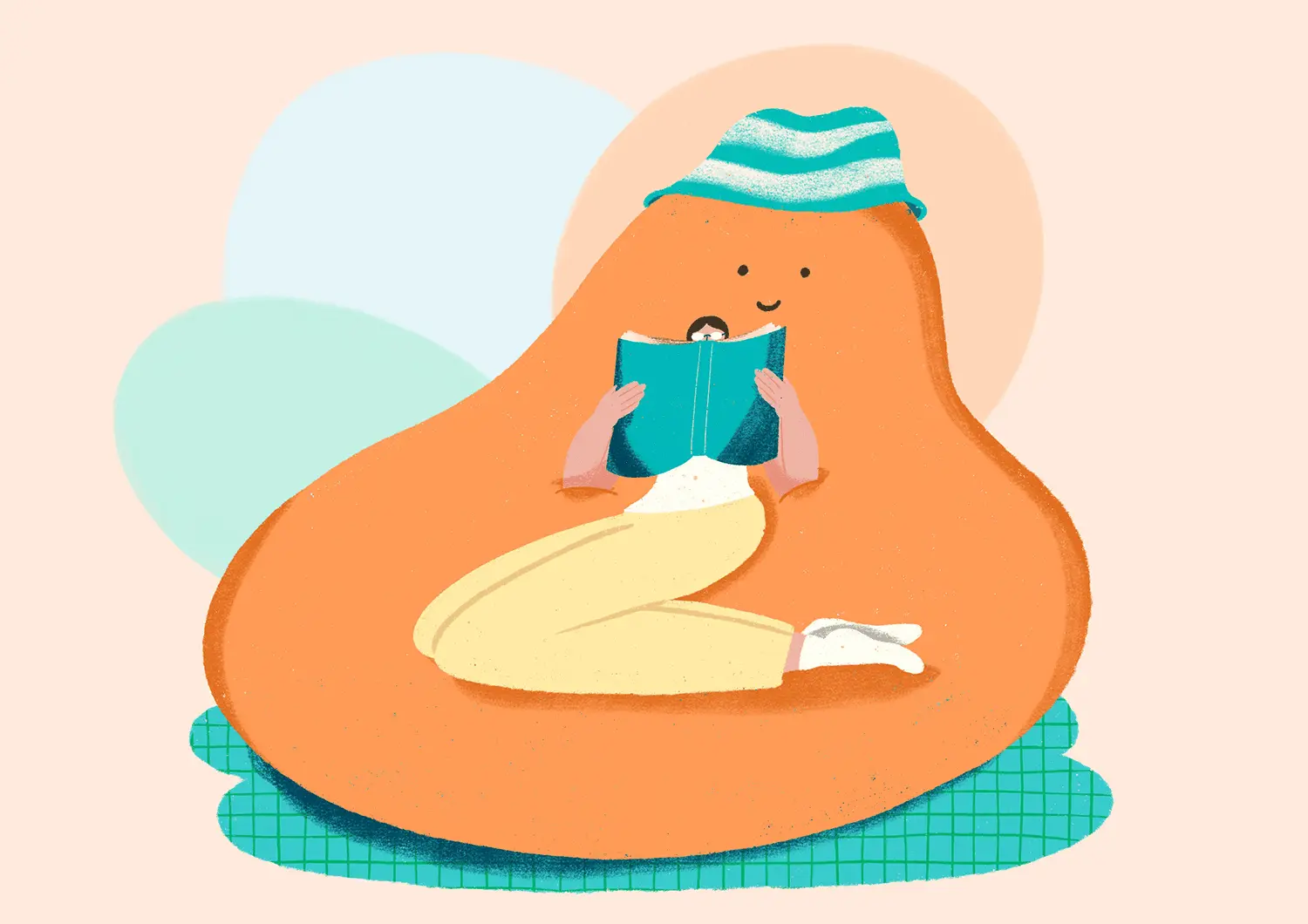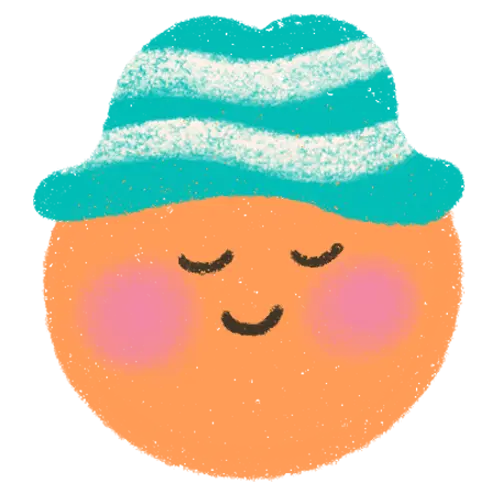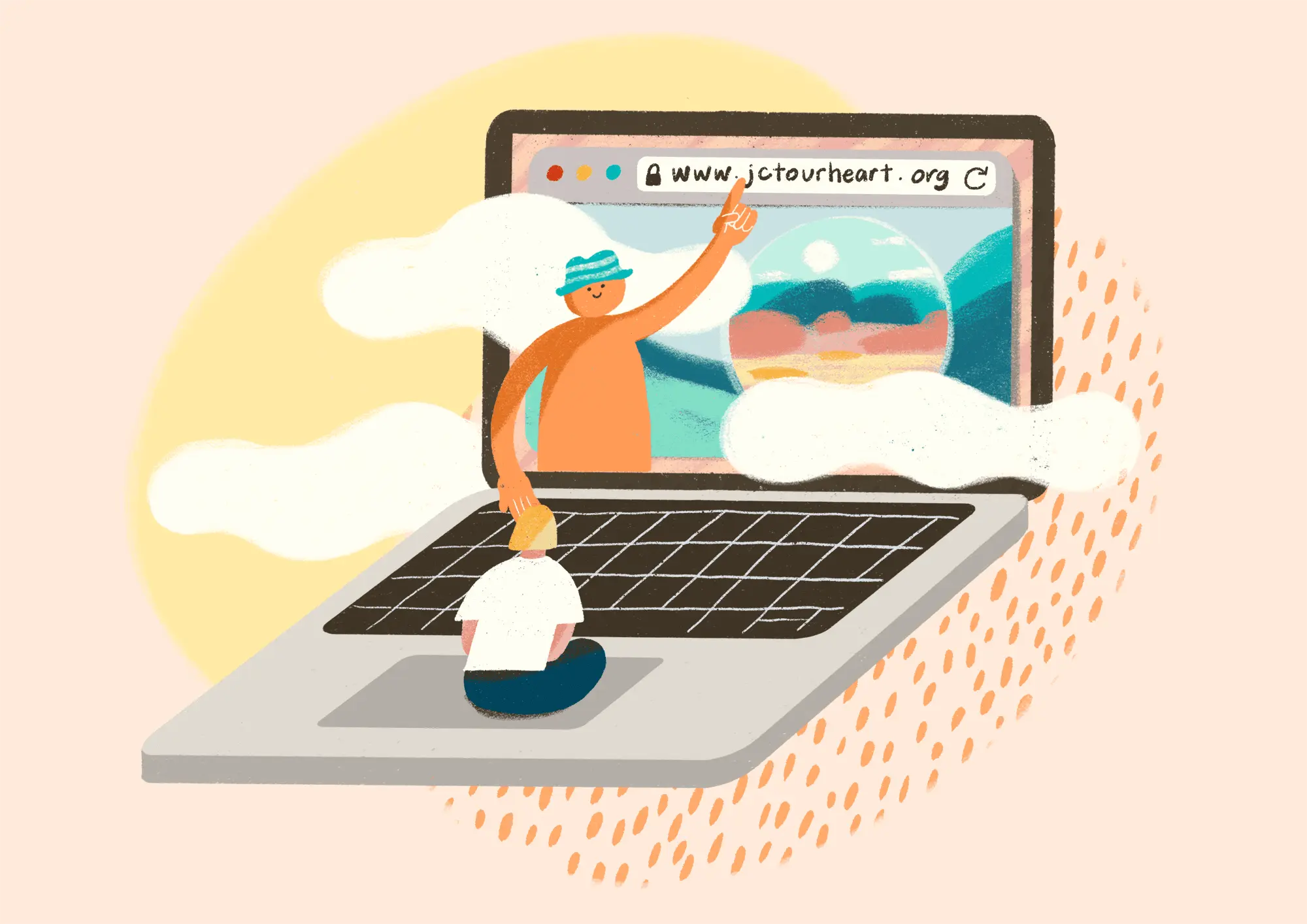Are online guided psychological interventions effective?

Ruby Liu MY
Register for free
One-stop online mental health self-help platform.


Highlights:
- The effectiveness of online psychological interventions in alleviating mild to moderate depressive and anxiety symptoms is comparable to that of in-person therapy
- Guided online self-help course is more effective than unguided course in reducing emotional distress
- Online psychological interventions also can be used for prevention or early intervention, for people with no significant emotional distress
Our HeartGuides who accompany you throughout the course are trained and supervised by clinical psychologists. They are here to assist you in acquiring and understanding the course content. In addition to addressing your questions in the Q&A section, they will also provide guidance and feedback as you progress through the course and make tailored responses based on your progress in the course exercises and mental health assessment results. The responses will reach your platform inbox within four working days following the completion of each session.
Research shows that online guided self-help courses are more effective in reducing emotional distress than unguided ones. Other studies suggest that human coaching can enhance the effectiveness of online psychological intervention with:
- Lower dropout rate
- Stronger therapeutic effects for individuals with more significant emotional distress
Words from our HeartGuides

Andrea
Behind the screen, we are able to guide users through the course, understanding their daily emotional distress, life stressors, and various daily happenings. We provide them with support and encouragement and facilitate them to develop self-care skills. This approach enables us to transcend geographical and temporal limitations, reaching a broader audience, allowing more individuals to grasp emotional self-care skills, and raising access to mental health services.
Also, low-intensity psychological interventions lower the threshold for seeking help (including psychological conditions and costs), making it easier and more convenient for those in need to access mental health services. Additionally, accurate triage of mental health services based on users’ psychological distress levels can help to alleviate long waiting time for those seeking help.

Francesca
Our service emphasizes the self-help approach, which is aimed at nurturing self-care and prioritizing our own mental well-being. This approach encourages autonomous learning and proactive thinking, enabling individuals to recognize their own needs and understanding their state in various aspects of life. By facilitating self-discovery and emotional growth, it is an important step towards personal growth. Our content is also crafted to be easily comprehensible, much like mental health education for the general public.
We are the ones who know ourselves best. Through self-help interventions, we are empowered to take care of our own well-being, rather than relying solely on external sources of support. This way, we can enrich our self-care toolbox and extend this mindset to other areas of our lives.
Meanwhile, the anonymous nature can reduce hesitation in seeking support, minimizing the fear of being stigmatized by others who may view "seeking help as a sign of weakness". In fact, by seeking help we understand ourselves better and build up our ability to reach out.
Traditional therapy might involve power dynamics, with the client being the service recipient and the professional leading the treatment and providing advice. In contrast, self-help interventions empower individuals to foster autonomy and agency, enabling individuals to recognize their own potential and ability.
Last but not the least, self-help interventions encourage individuals to take an extra step and put in more effort, such as committing to complete a course, which can be challenging. However, this approach can also be empowering and self-affirming, as individuals take the initiative to learn and grow on their own terms and strengthen their resilience and ability to fend off stress.

Janet
Many people experience emotional distress, but not to the extent of seeking specialists. Guided self-help courses offer an option for those who experience mild distress to learn proactively instead of waiting passively, preventing the situation from worsening.
Low-intensity psychological interventions are more accessible and easier to start compared to high-intensity interventions. It's similar to having a minor physical health concern: we may first look for remedies online or consult a general practitioner, rather than immediately seeking out a specialist for care. By actively participating in the self-help process, we can increase our self-efficacy and resilience, enhancing our ability to cope with future challenges.
In addition to human coaching, our courses are also:
- Professional and effective
Scientific research has found that the effectiveness of online psychological interventions is comparable to in-person treatment in reducing symptoms of mild to moderate depression and anxiety.
- High autonomy
Low-intensity psychological interventions emphasizes user autonomy, as everyone can readily access evidence-based online resources to learn psychological self-care skills at their own pace. Our Psychological Well-being Officers serve as a support to users in resolving difficulties encountered during the self-learning process.
- Maintaining mental well-being
For individuals without significant symptoms of emotional distress, low-intensity interventions can be used for prevention or early intervention. It is relatively short, self-paced, and private which greatly reduces the barriers in using the services and enables more people to regularly take care of their mental well-being.
Life is a vast and ever-changing ocean, sometimes tumultuous and sometimes serene. Our physical health serves as the sturdy vessel that carries us through the waves, while our mental health acts as the resilient sail that propels us forward. To navigate the ebbs and flows of life, we must tend to both with care and attention. We invite you to explore our platform, continuing to cultivate and nourish your mental well-being.
References:
Koelen, J. A., Vonk, A., Klein, A., de Koning, L., Vonk, P., de Vet, S., & Wiers, R. (2022). Man vs. machine: A meta-analysis on the added value of human support in text-based internet treatments ("e-therapy") for mental disorders. Clinical psychology review, 96, 102179.https://doi.org/10.1016/j.cpr.2022.102179
Werntz, A., Amado, S., Jasman, M., Ervin, A., & Rhodes, J. E. (2023). Providing Human Support for the Use of Digital Mental Health Interventions: Systematic Meta-review. Journal of medical Internet research, 25, e42864. https://doi.org/10.2196/42864
GAD-7 Reference: Spitzer, R. L., Kroenke, K., Williams, J. B., & Löwe, B. (2006). A brief measure for assessing generalized anxiety disorder: the GAD-7. Archives of Internal Medicine, 166(10), 1092-1097.
PHQ-9 Reference: Kroenke, K., Spitzer, R. L., & Williams, J. B. (2001). The PHQ‐9: Validity of a brief depression severity measure. Journal of General Internal Medicine, 16(9), 606-613.
HKCPsych. (2022). Private Psychiatrists (with address). https://www.hkcpsych.org.hk/index.php?option=com_docman&task=doc_download&gid=3797&Itemid=91& lang=en L
OECD. (2021). Fitter Minds, Fitter Jobs From Awareness to Change in Integrated Mental Health, Skills and Work Policies. Mental Health and Work, OECD Publishing, Paris, https://www.oecd-ilibrary.org/social-issues-migration-health/fitter-minds-fitter-jobs_a0815d0f-en

Ruby Liu MY
Well-being Promotion Officer of Jockey Club TourHeart+ Project


